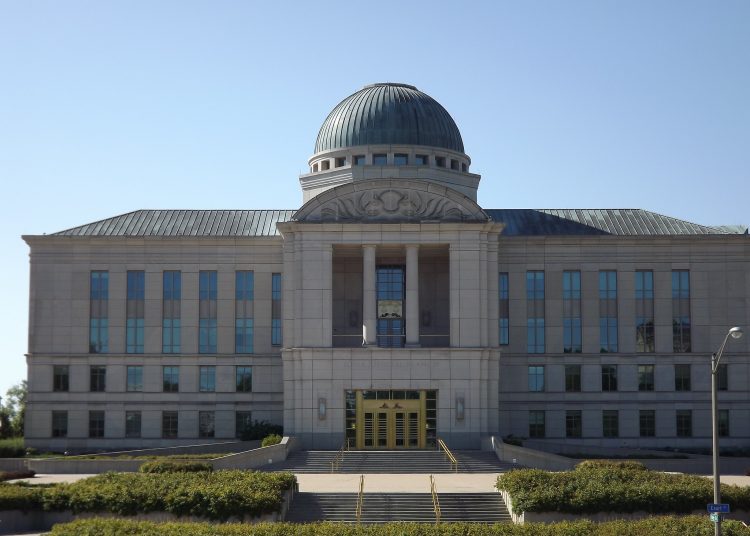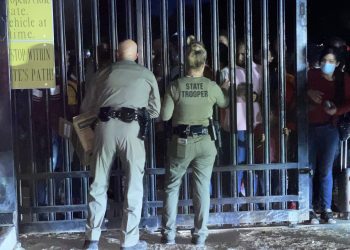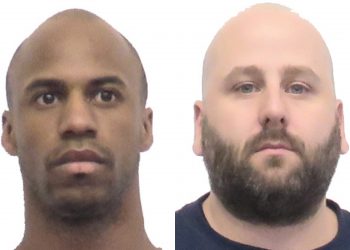DES MOINES, Iowa – The Iowa Supreme Court ruled 6 to 1 in an opinion released on Wednesday that the state of Iowa could deny federal sex education money to abortion providers.
The ruling overturns an earlier district court ruling that found in favor of Planned Parenthood. The Iowa Legislature in 2019 passed a law, later signed by Gov. Kim Reynolds, that stated federal sex education money designed to reduce teenage pregnancies and promote abstinence provided to the state will not be available to abortion providers.
Planned Parenthood of the Heartland (PPH) sought and was given injunctive relief before the law could take effect.
Justice Dana Oxley wrote the court’s opinion. Justice Brent Appel was the only justice to dissent.
“Because an abortion provider lacks a freestanding constitutional right to provide abortions, any conditions premised on providing abortions cannot be considered unconstitutional,” Oxley wrote.
The ruling noted the state had an interest in restricting grantees to organizations that would undermine the state’s policy preferences.
“Even if the programs do not include any discussions about abortion, the goals of promoting abstinence and reducing teenage pregnancy could arguably still be undermined when taught by the entity that performs nearly all abortions in Iowa,” Oxley explained.
“The State could also be concerned that using abortion providers to deliver sex education programs to teenage students would create relationships between the abortion provider and the students the State does not wish to foster in light of its policy preference for childbirth over abortion. The government has considerable leeway in selecting who will deliver a government message, whether the message is a diversity and inclusion program, a drug prevention program, or, in this case, a sexual education and teen pregnancy prevention program,” she added.
The Iowa Supreme Court also found that prohibiting funding for sex education does not prohibit Planned Parenthood from providing abortions.
“Since the right to obtain an abortion is unaffected, it follows that the Act does not affect any right PPH may have to provide abortions, regardless of whether that right is fundamental for purposes of triggering strict scrutiny under an equal protection challenge,” Oxley wrote.
Appel, in his dissenting opinion, believed the law provided unconstitutional conditions.
“I conclude that the statutes impose unconstitutional conditions on Planned Parenthood of the Heartland (PPH) by attempting to restrict abortion activities done on ‘their own time and dime.’ Through unconstitutional conditions in these statutes, the legislature is trying to indirectly accomplish what it cannot do directly: namely, attack abortion rights. This cannot be permitted,” he wrote.
Read the entire ruling:
200804_96BC9083E5DBB















